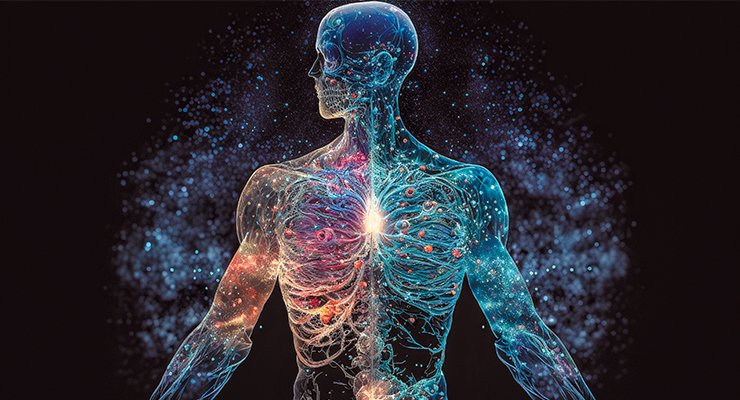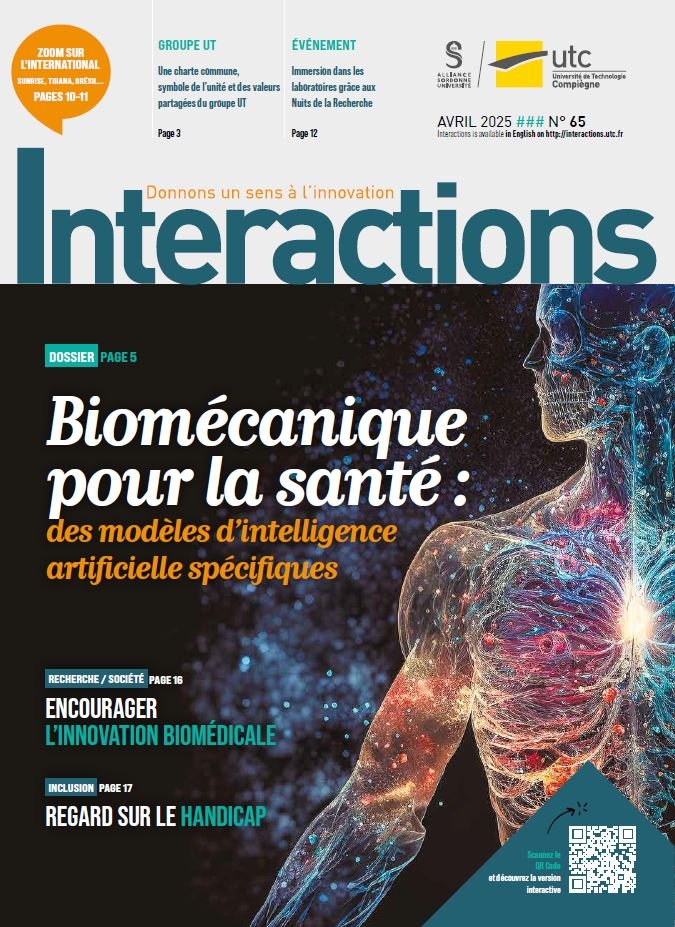65: Biomechanics in Healthcare sectors: using specific artificial intelligence models

Artificial intelligence (AI) has become indispensable in many fields, not least healthcare. At the Biomechanics and Bioengineering Laboratory (UTCCNRS- BMBI) — UMR CNRS 7338 -, teams are working on issues such as improving the diagnosis and treatment of bile ducts ailments, preventing muscle ageing and facial rehabilitation in the event of transplants or paralysis. AI tools are used to develop “digital twins”, notably for the development of microcapsules for targeted therapies or for the prediction of premature baby deliveries. Depending on the project, the patient specific models developed by the teams help practitioners to diagnose, monitor or treat, and ultimately improve patient care.




